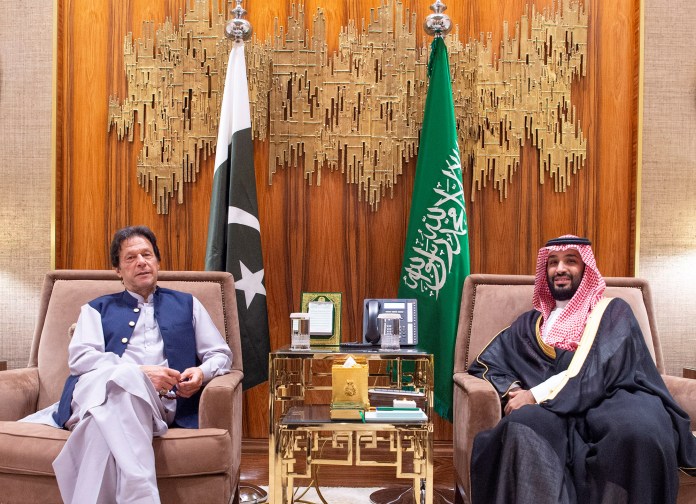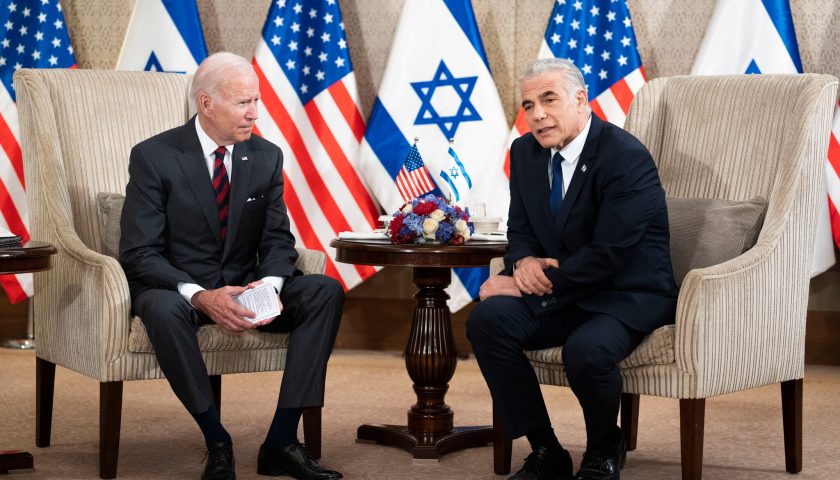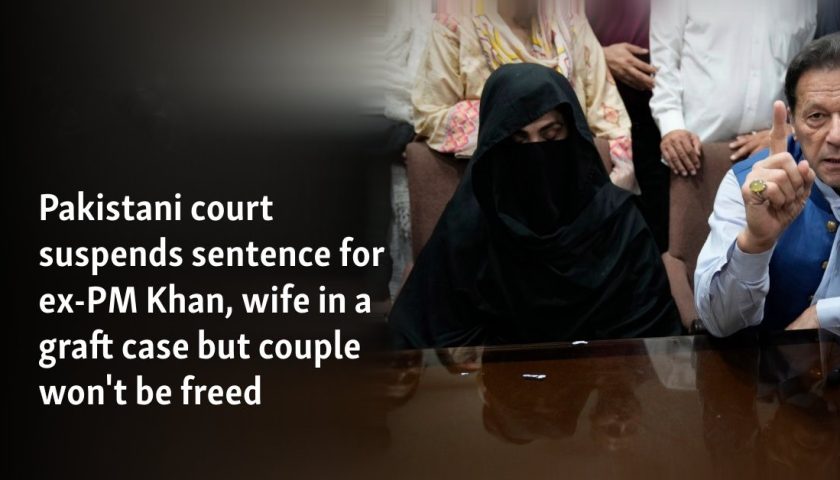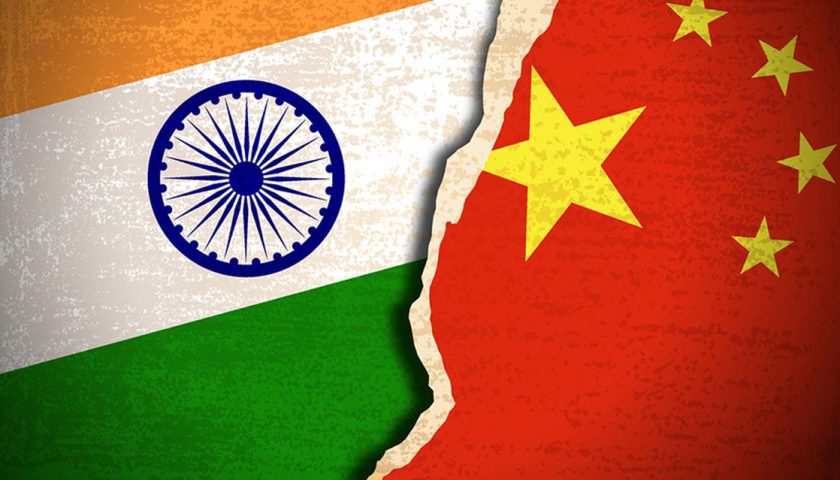A report by the “Middle East Monitor” website said that Saudi Arabia has stopped oil supplies to Pakistan and asked it to return loans after Islamabad criticized the Organization of Islamic Cooperation, based in Saudi Arabia, over the Kashmir issue.
The site stated that Pakistan was forced last week to repay a Saudi loan worth one billion dollars, after Riyadh requested it in response to Islamabad’s threat to break the mantle of the Organization of Islamic Cooperation with regard to dealing with the issue of the disputed Kashmir region with India.
He added that the loan was part of a more than $ 6 billion aid package announced by Saudi Arabia in November 2018, and included $ 3 billion in loans in addition to a credit facility for oil supplies worth $ 3.2 billion.
The website indicated that Saudi Crown Prince Mohammed bin Salman signed these agreements during his visit to Pakistan in February 2019.
In “sharp and unusual” statements, Pakistani Foreign Minister Shah Mahmood Qureshi criticized the organization’s indifference and its permanent postponement of holding a meeting of foreign ministers of the member states in order to support the Kashmiris and find ways to solve the region’s issue.
The Pakistani newspaper Dawn quoted Qureshi as saying to a local TV channel, last Wednesday: “I say once again to the OIC with respect that the foreign ministers’ meeting is what we expect. And if it is not able to hold it, I will have to ask Prime Minister Imran Khan to call a meeting of states. The Islamic organization is ready to stand with us on the issue of Kashmir and support the persecuted Kashmiris. ”
“If the OIC, led by Saudi Arabia, fails to hold that meeting, we will hold a meeting outside the framework of the organization. Pakistan cannot wait any longer,” the Pakistani foreign minister added.
He explained that he took the position, “despite our good relations with Saudi Arabia, we can no longer remain silent about the suffering of Kashmiris,” noting that Islamabad did not attend the mini-Islamic summit in the Malaysian capital, Kuala Lumpur, last December at the request of Saudi Arabia.
Qureshi called on Riyadh to “show leadership in the issue of Kashmir,” saying that “the Gulf states should understand that we have (our) sensitive issues.”
Islamabad has demanded a meeting of foreign ministers of the member states of the Organization of Islamic Cooperation, since New Delhi’s decision last August to abolish autonomy in Jammu and Kashmir, but this request is met with Saudi reluctance.
Last February, Pakistani Prime Minister Imran Khan expressed his frustration at the silence of the Organization of Islamic Cooperation (OIC) on Kashmir while speaking at a think tank during his visit to Malaysia.
The Indian government canceled Article 370 of the Constitution, which guarantees self-government in Jammu and Kashmir, which has the only Muslim majority in the country, and then divided it into two regions administered by the federal government.
Since 1954, the region has a special status under the Indian constitution, which allowed it to enact its own laws, in addition to protecting the nationality law, which prevented outsiders from settling in and owning lands.
While India and Pakistan control parts of Kashmir, each party demands full annexation of it, while China controls a small piece of the region.
Pakistan and India fought 3 wars in 1948, 1965 and 1971 to control the region, which resulted in the killing of about 70 thousand people on both sides.






